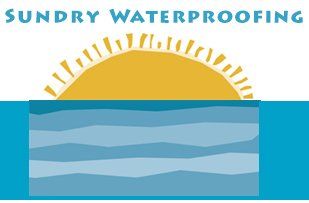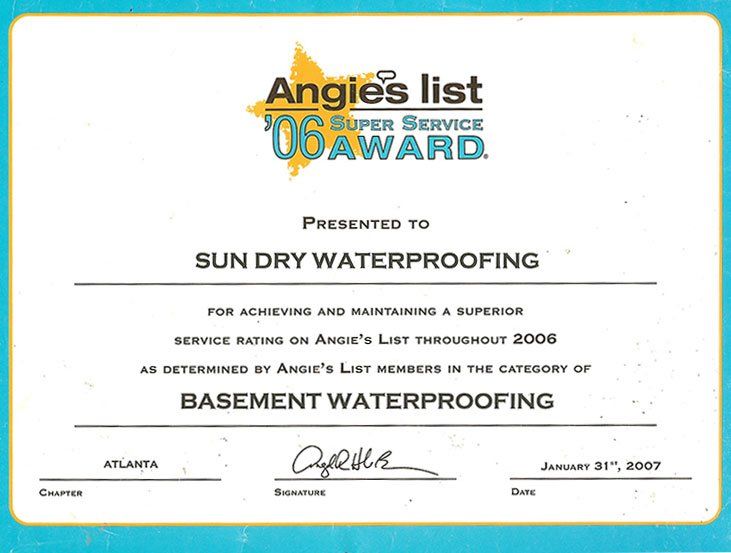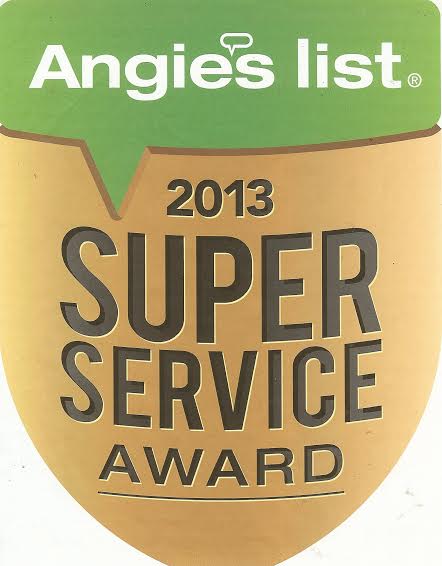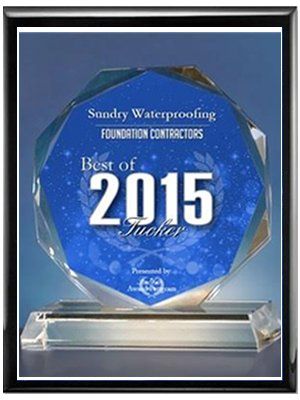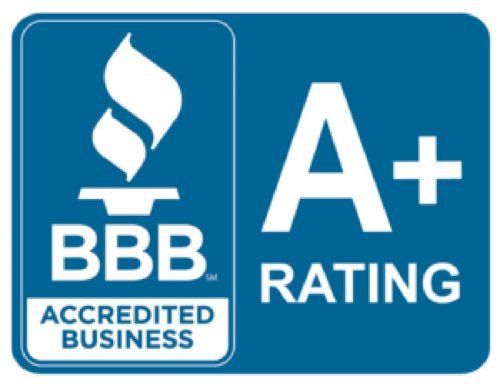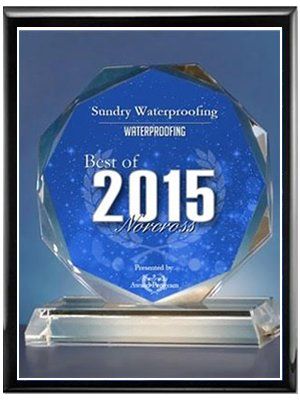Answers to Your Questions Regarding Waterproofing, Suggested Drainage Systems, & Our Lifetime Warranty
-
Q: Which type of waterproofing is better, Interior or exterior?
A: There is no one type of waterproofing that is better. The question is what solution is right for your home. Each home is different, so all options must be explored to make an educated decision. Sundry Waterproofing prides itself on diagnosing the exact situation and prescribing the appropriate remedy to provide a dry foundation.
-
Q: Which type of waterproofing is more expensive, interior or exterior?
A: Generally speaking, the exterior is more expensive. It depends on how deep the required dig would be to expose the footing. In some cases, it is only a few feet. In other cases, it is as much as 8-10 feet. The depth at which the crew must dig determines the cost. Our interior Pro-Flow system is sold based on lineal footage.
-
Q: Is the inside solution messy?
A: Some jackhammering is required to expose the footing on the inside. For the most part, the dust is kept to a minimum. All concrete is replaced, and the basement is left in as clean a condition as when Sundry began.
-
Q: What is an exterior French Drain?
A: A French Drain is typically installed when the home is built before the foundation is backfilled. The wall is covered with tar, drain tile is installed at the base of the footing, and gravel is installed to the footing level.
-
Q: What is a lifetime warranty?
A: The lifetime warranty covers all areas on the interior in that Sundry installs a system. It guarantees that you will have no water seepage from either the walls or floor for the home's life. It is fully transferable to any subsequent owners at no charge.
-
Q: Is Sundry Waterproofing licensed and insured?
A: Yes, Sundry Waterproofing is fully licensed, bonded, and insured. You can have total confidence that you are dealing with the absolute best in the industry.
-
Q: Are cracks dangerous?
A: In some cases, horizontal cracks can be hazardous and require immediate repair. Most vertical cracks can be fixed with epoxy injection and do not pose any structural damage.
-
Q: Will cleaning out my gutters solve my water problem?
A: Any methods that carry water away from the foundation will help. However, it is suggested to get a free estimate to determine all of the sources of water entering the foundation.
Call Now for Immediate Service at
(678) 969-9080.
Check Out Our Blog for Tips and Best Practices on Basement Waterproofing
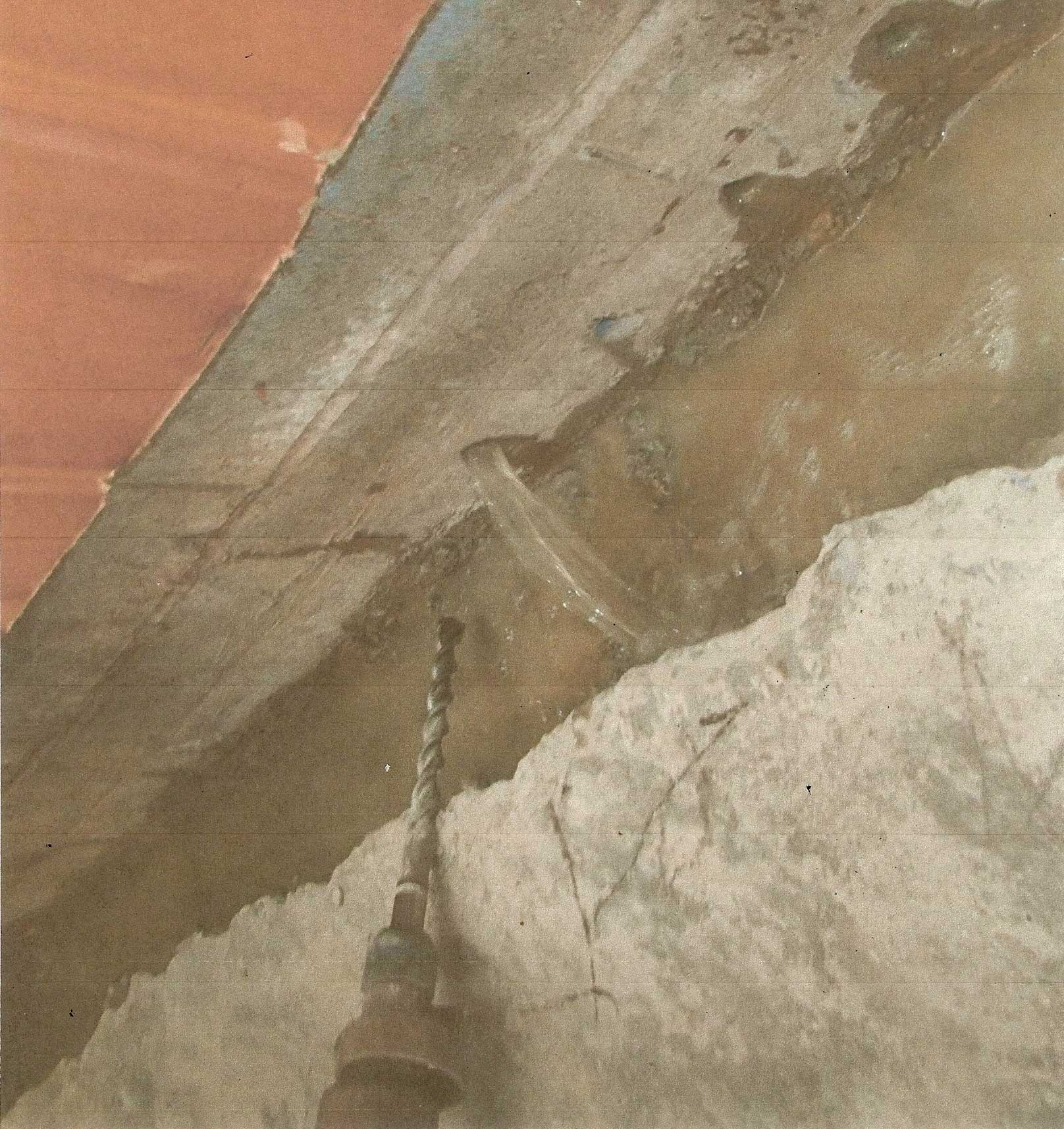
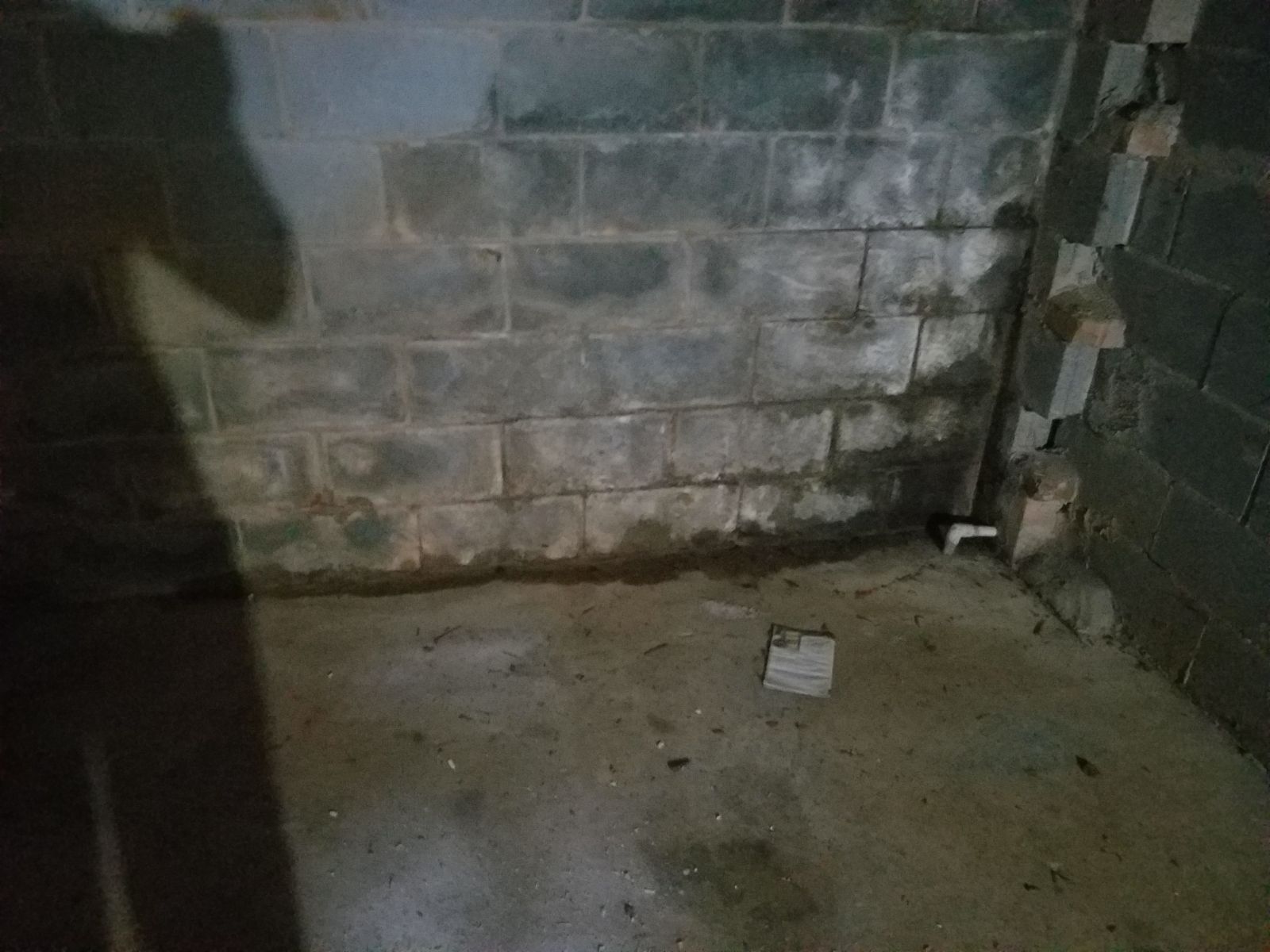
Can’t find what you’re looking for? Simply call our friendly staff at (678) 969-9080.
Phone: 678-969-9080 | Address: 2103 Idlewood Rd. Tucker, GA 30084
Business Hours:
- Mon - Fri
- -
- Saturday
- -
- Sunday
- Closed
Payment Options:






